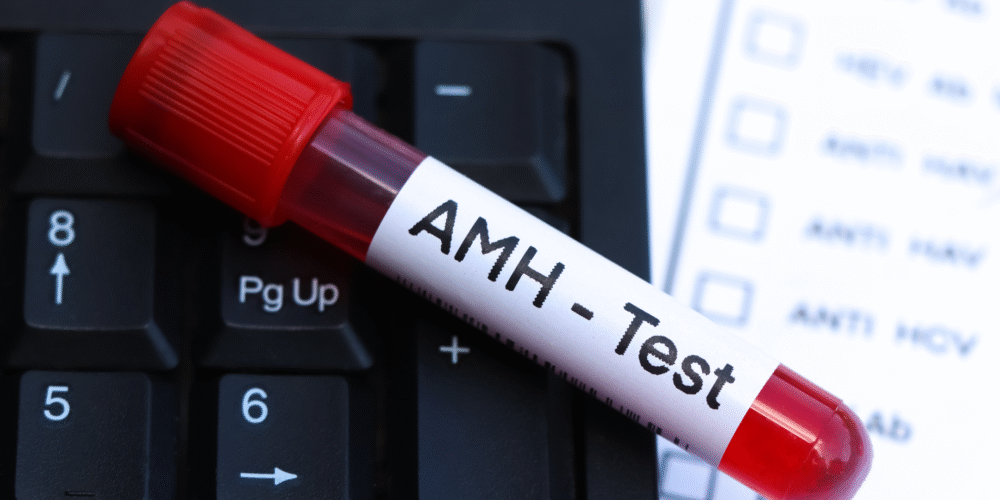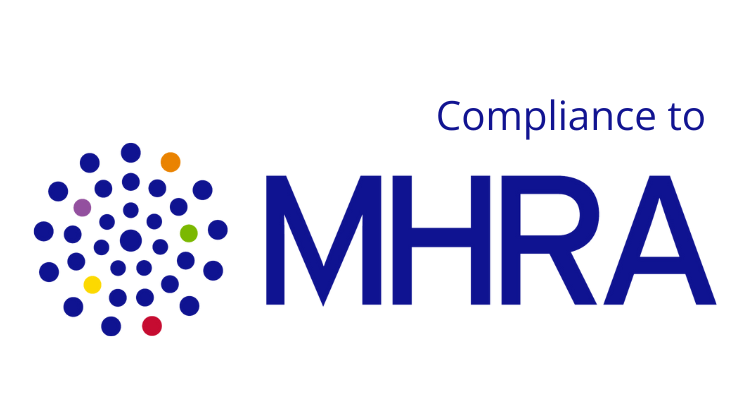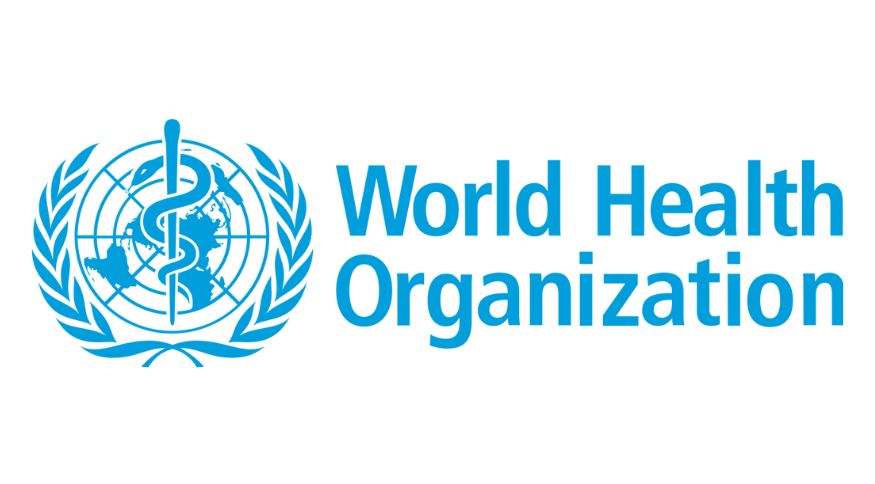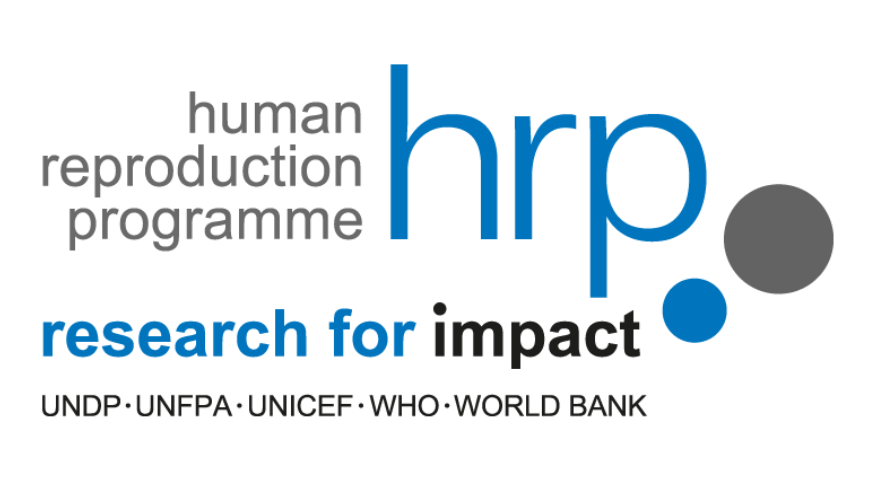
AMH Test – What Your Levels Mean for Fertility
AMH Testing
Fertility can feel like a mystery. One important tool to understand it better is the AMH test. Doctors use this test to check your ovarian reserve, or egg supply. But what exactly is AMH, and how do results affect your chances of pregnancy?
At Marylebone Diagnostic Centre, 73 Baker Street, London, we offer fast and accurate AMH blood testing with same-day results. Here is everything you need to know.
What is AMH?
AMH stands for Anti-Müllerian Hormone. It is a hormone released by the small follicles in your ovaries.
Because AMH reflects the number of eggs left, doctors use it as a marker of ovarian reserve. High levels often mean more eggs remain. Low levels may suggest a reduced supply.
Why is the AMH test important?
An AMH blood test gives insight into fertility potential. It can help with:
- Understanding chances of natural conception
- Planning fertility treatment such as IVF
- Checking if ovarian reserve matches age expectations
- Predicting menopause timing (to some extent)
- Diagnosing certain conditions such as polycystic ovary syndrome (PCOS)
AMH levels by age
AMH levels naturally decline with age. On average:
- Women in their 20s usually have higher AMH levels.
- Levels start to drop in the 30s.
- By the mid-40s, AMH is often very low.
This does not mean pregnancy is impossible at lower levels, but it helps doctors plan realistic fertility strategies.
What is a good AMH level to get pregnant?
There is no single “good” number. Levels are usually measured in pmol/L or ng/mL.
- High AMH (over 25 pmol/L): Often linked with PCOS, may mean many eggs but lower quality.
- Normal AMH (10–25 pmol/L): Suggests a healthy ovarian reserve.
- Low AMH (below 10 pmol/L): Suggests fewer eggs remain, though pregnancy is still possible.
It is important to remember that AMH shows quantity, not quality. Even with low AMH, natural pregnancy can still happen.
How is the AMH test done?
The process is simple:
- A small blood sample is taken.
- The lab measures AMH hormone levels.
- Results are usually ready the same day at MDC.
You do not need to fast, and the test can be done at any time in your cycle.
Can you increase AMH levels?
This is one of the most common questions we hear. Unfortunately, AMH levels mainly reflect age and biology. They cannot be permanently increased.
However, some lifestyle choices may help support fertility overall:
- Eating a balanced diet with antioxidants
- Avoiding smoking and excess alcohol
- Maintaining a healthy weight
- Reducing stress
Some supplements claim to boost AMH, but evidence is limited. The focus should be on supporting egg quality, not just AMH numbers.
What if my AMH is low?
Low AMH does not mean you cannot get pregnant. Many women with low AMH conceive naturally.
If you are trying to conceive, doctors may recommend:
- Earlier fertility planning to avoid delays
- Egg freezing to preserve fertility for the future
- IVF or ICSI if natural conception is difficult
- Additional blood tests and ultrasound to assess egg quality
AMH and PCOS
Women with PCOS often have very high AMH levels. This reflects the large number of small follicles in their ovaries. High AMH in this case may suggest irregular ovulation rather than higher fertility.
FAQs about AMH testing
The AMH test is one of the most valuable tools for understanding fertility. It does not predict pregnancy with certainty but offers a clear view of ovarian reserve. Combined with other fertility tests, it helps you make informed decisions about your reproductive future.
At Marylebone Diagnostic Centre, 73 Baker Street, London, we provide quick, discreet, and accurate AMH blood testing with same-day results. Our specialists explain your results and guide you through the next steps.
Book your AMH test today at Marylebone Diagnostic Centre. Same-day results, trusted care, central London location.
73 Baker Street, London
+44 7495 970109
marylebonediagnosticcentre.com



















